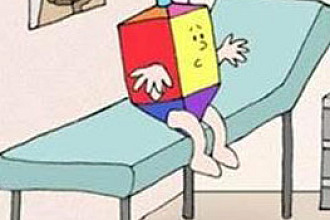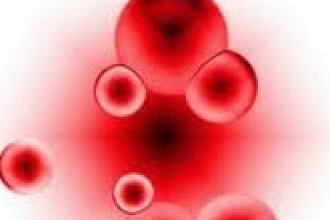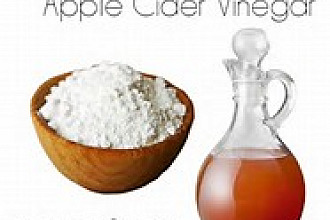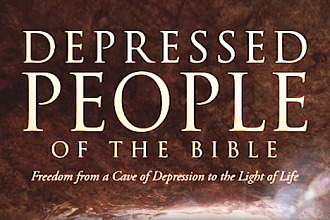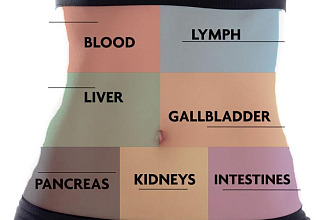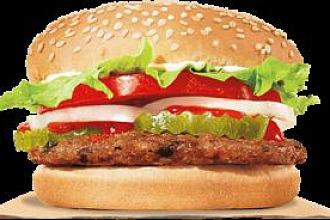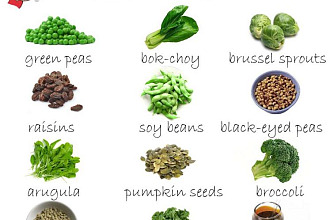Vitamin D is a fat soluble vitamin along with A, E, and K. The disease characterized by a deficiency of Vitamin D is rickets.
All vitamins in overdosage can cause toxic symptoms. Vitamin D, however, is that vitamin which causes more serious toxicity than any other vitamin. Vitamin D was used enthusiastically for many years for arthritis, but has now been abandoned because of the many cases of calcinosis which resulted.
Vitamin D is actually a hormone rather than a vitamin. As for all other hormones, the body synthesizes adequate amounts under normal circumstances, and it is not a nutritional requirement. As with most hormones, the amount of hormone produced is dependent on a metabolic control in the liver, which in this case has a feedback mechanism with the blood level of vitamin D to prevent overproduction or deficiency. There is also the metabolism of vitamin D in the kidney, which has a feedback mechanism dependent on the blood calcium level. Together these functions offer some protection against overdose and deficiency. Overdose symptoms include weakness, fatigue, headache, nausea, vomiting and diarrhea. As toxicity continues the kidneys begin to fail with a large quantity of urine being produced which necessitates excessive water intake. The urine then contains much protein (Reference 1).
In 1936, Windaus showed that the natural prehormone found in the skin becomes calciferol on ultraviolet irradiation. That prehormone is 7-dehydrocholesterol. Calciferol is then synthesized into the active form of vitamin D in the body. Vitamin D can therefore be acquired either as preformed vitamin D by ingestion or by exposure to sunlight. In foods, it is found only in animal products. Pure vegetarians should be careful to get sunlight, even if only a 6 inch square area of skin exposed to the sun for 10 minutes each day. One exposure for 1 hour at weekly intervals should suffice most individuals except those with very dark skin, which filters out the sun's rays.
Vitamin D is essential for normal growth and development and is important for the formation of normal bones and teeth. Nobody has ever been shown to get too much vitamin D from exposure to excessive sunlight. Such is not the case with taking the vitamin by mouth (Reference 2).
As little as 1800 I.U.s per day over a period of time may cause toxic effects in children. One quart of fortified milk per day contains about all that the body can accept of vitamin D. If, in addition to a quart of milk (which some nutritionists advise), fortified cereals or vitamin supplements are taken containing significant quantities of vitamin D, toxicity could result.3
Vitamin D is prescribed for conditions for which it has absolutely no value. Such things as cold hands, arthritis, and carpal tunnel syndrome are all treated by certain physicians with vitamin D. Psoriasis and other skin conditions, tuberculosis, and "just a tonic" are all conditions for which vitamin D has been administered (Reference 4).
Enough vitamin D will insure straight and strong bones and teeth, a healthy thyroid gland, steady nerves, and normal heart actions and clotting of the blood. Rickets is associated with curved bones, knobby knock-knees, and bumps on the ribs down the front of the chest, bowlegs, enlarged joints, and malformations of the skull. In northern climates in winter when daylight hours are few and where the sunlight is filtered through smog and smoke, strict vegetarians may develop vitamin D deficiency. One should be certain to get plenty of sunshine on all sunshiny days. Especially is this true with babies (Reference 5).
Bibliography:
1. American Family Physician, Vol. 18(2), pp. 106-109, August 1978.
2. Krause and Mahan, Food, Nutrition and Diet Therapy, 6th Edition, Saunders Co. 1979.
3. Life and Health, July 1977, pp. 9-13.
4. Emergency Medicine, August 15, 1979, pp. 139-141.
5. Let's Live, November 1977, pp. 80-86.


